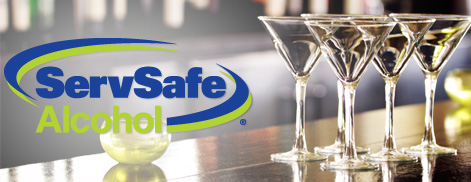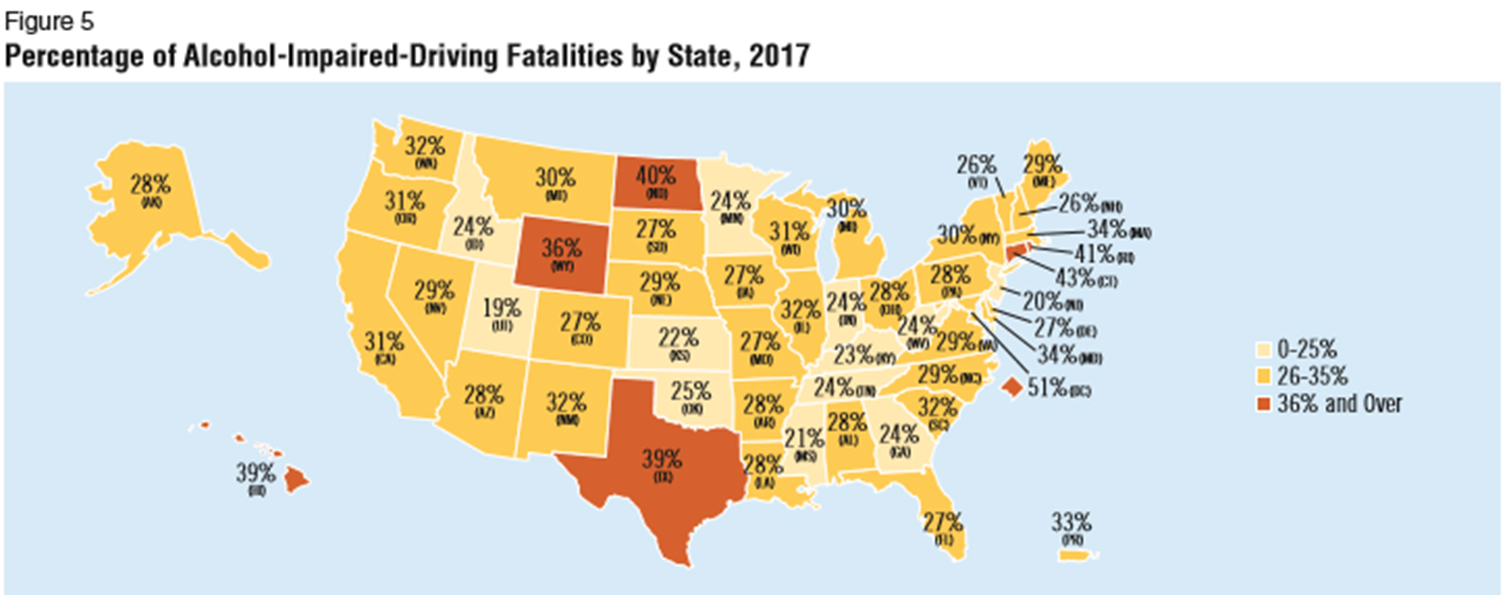Master Liable Alcohol Solution With Comprehensive Qualification Programs
The mastery of accountable alcohol solution is not simply a regulatory requirement; it is a fundamental aspect that improves the credibility and functional stability of facilities within the hospitality sector. What challenges lie in advance for those who look for to boost their service criteria?

Significance of Responsible Alcohol Solution
Accountable alcohol service is crucial to advertising public wellness and safety in facilities that serve alcoholic beverages. It incorporates a variety of techniques created to avoid the overconsumption of alcohol, lower the risk of alcohol-related harm, and guarantee a risk-free atmosphere for customers and personnel alike. By supporting accountable service criteria, facilities can reduce possible cases of intoxication, which might bring about crashes, violence, or various other adverse end results.
Moreover, liable alcohol service improves the overall client experience. Additionally, facilities that stick to responsible service techniques typically experience lower insurance coverage premiums and reduced lawful obligations.
Additionally, carrying out responsible alcohol service practices straightens with broader public wellness campaigns focused on lowering material misuse and promoting community health and wellness. This proactive method not only shields private clients yet additionally adds to a healthier culture. Ultimately, responsible alcohol solution is not merely a legal responsibility; it stands for an honest commitment to the health of clients and the area at large.
Secret Elements of Accreditation Programs
Accreditation programs for responsible alcohol solution commonly incorporate a number of essential elements made to equip personnel with the necessary skills and knowledge to serve alcohol securely. First and foremost, these programs usually consist of thorough training on local and state alcohol legislations, guaranteeing that participants recognize their legal commitments and the repercussions of stopping working to abide.
An additional vital element is the recognition of indicators of intoxication - servsafe food handlers card. Personnel are trained to recognize behavioral cues suggesting when a customer may be over-served, enabling them to step in properly
In addition, reliable interaction strategies are stressed, educating personnel just how to involve with customers in a manner that advertises accountable alcohol consumption. This consists of training in conflict resolution methods, allowing personnel to deal with tight spots smoothly and properly.
Moreover, programs frequently incorporate useful circumstances and role-playing workouts, giving individuals with real-life examples to exercise their skills. Lastly, continuous education and learning and sources are necessary for keeping understanding and abilities over time, as policies and best techniques develop. With each other, these components develop a thorough structure that empowers personnel to foster a much safer drinking setting while decreasing liability for establishments.
Benefits for Team and Facilities
Staff and facilities alike enjoy substantial advantages from participating in responsible alcohol service accreditation programs. For team, these programs improve understanding and skills associated with alcohol service, outfitting them to identify indications of intoxication and apply effective intervention strategies. This training not only cultivates a feeling of confidence amongst workers yet additionally advertises a society of safety and security and obligation in the workplace.
For facilities, buying accreditation programs can bring about lowered liability and fewer occurrences connected to over-serving. By making certain that team are well-trained in responsible solution techniques, establishments can mitigate threats linked with alcohol-related occurrences, thus protecting their credibility and economic stability. Several territories provide incentives, such as lower insurance coverage costs, for licensed facilities.
In addition, implementing certified practices can enhance consumer satisfaction and loyalty. Customers are more probable to go back to venues that prioritize their security and well-being. Ultimately, a commitment to accountable alcohol solution not only grows a favorable setting but likewise boosts the general operational effectiveness of facilities, making it a clever financial investment for long-term success in the friendliness sector.
Common Challenges in Alcohol Solution
Guaranteeing effective alcohol solution is not without its difficulties, even in establishments dedicated to accountable practices. One substantial difficulty is the demand for team to properly analyze clients' alcohol Visit This Link usage levels. servsafe food handlers card. This calls for an eager understanding of just how different factors, such as food intake, tolerance, and private distinctions, affect intoxication
Additionally, the stress to make the most of More about the author sales can conflict with liable solution procedures. Staff members may deal with troubles in rejecting service to drunk people, particularly in social atmospheres where peer stress and expectations are prevalent.
An additional difficulty is remaining updated with regional laws and guidelines regarding alcohol service. Compliance is essential, yet constant adjustments in regulations can develop confusion and might lead to unintended offenses.
Educating programs may not constantly cover the subtleties of real-world circumstances, leaving staff ill-equipped to take care of complicated situations. Irregular interaction between administration and staff members concerning assumptions for accountable service can additionally aggravate these issues.
To navigate these challenges effectively, establishments have to promote an atmosphere of support, stressing the relevance of responsible solution while offering the necessary devices and training for team to prosper.
Steps to Acquire Qualification
To get Liable Alcohol Solution Qualification, applicants commonly start by investigating the details needs mandated by their regional governing authorities. These requirements might vary dramatically depending why not try this out on the region, so it is important to familiarize oneself with the relevant laws and regulations.

After selecting a program, candidates must complete the requisite training, which generally covers topics such as identifying intoxication, recognizing lawful obligations, and executing methods for liable service. Participants should actively engage with the product, as this expertise is important for efficient alcohol service.

Complying with training, candidates typically take an assessment to evaluate their understanding of the product. Effective conclusion of this analysis leads to accreditation.
Verdict
In verdict, mastering accountable alcohol service through extensive certification programs is vital for advertising safety and enhancing client experiences within the friendliness market. By furnishing team with the necessary expertise and skills, establishments not just alleviate risks connected with overconsumption and lawful obligations yet likewise grow a society of duty. This dedication to liable service ultimately results in increased consumer loyalty and operational success, reinforcing the importance of ongoing training and adherence to alcohol service standards.
 Michael Oliver Then & Now!
Michael Oliver Then & Now! Robert Downey Jr. Then & Now!
Robert Downey Jr. Then & Now! Melissa Joan Hart Then & Now!
Melissa Joan Hart Then & Now! Daryl Hannah Then & Now!
Daryl Hannah Then & Now! Meadow Walker Then & Now!
Meadow Walker Then & Now!